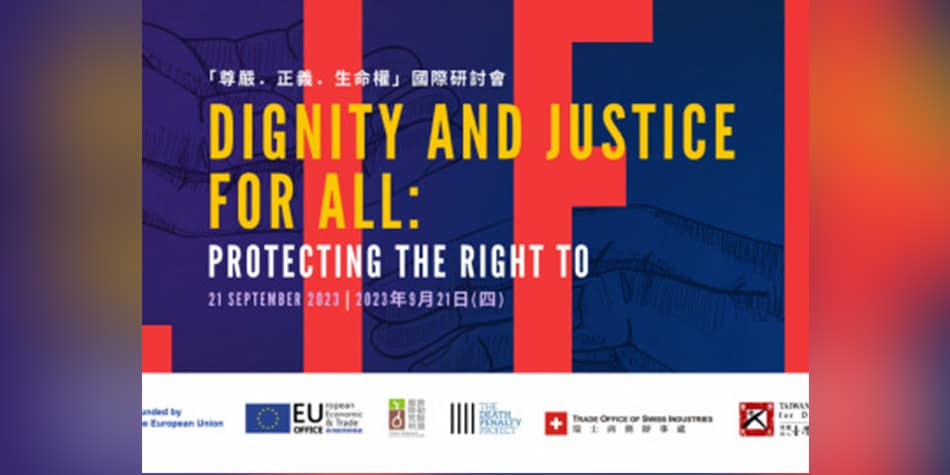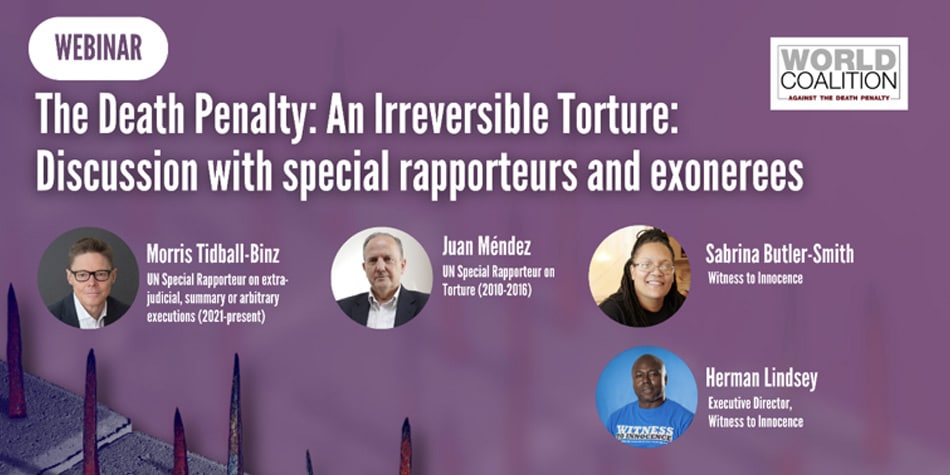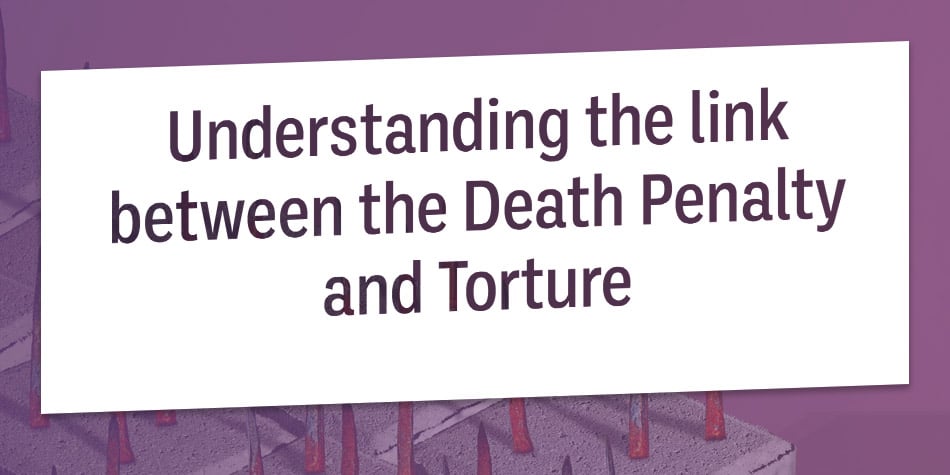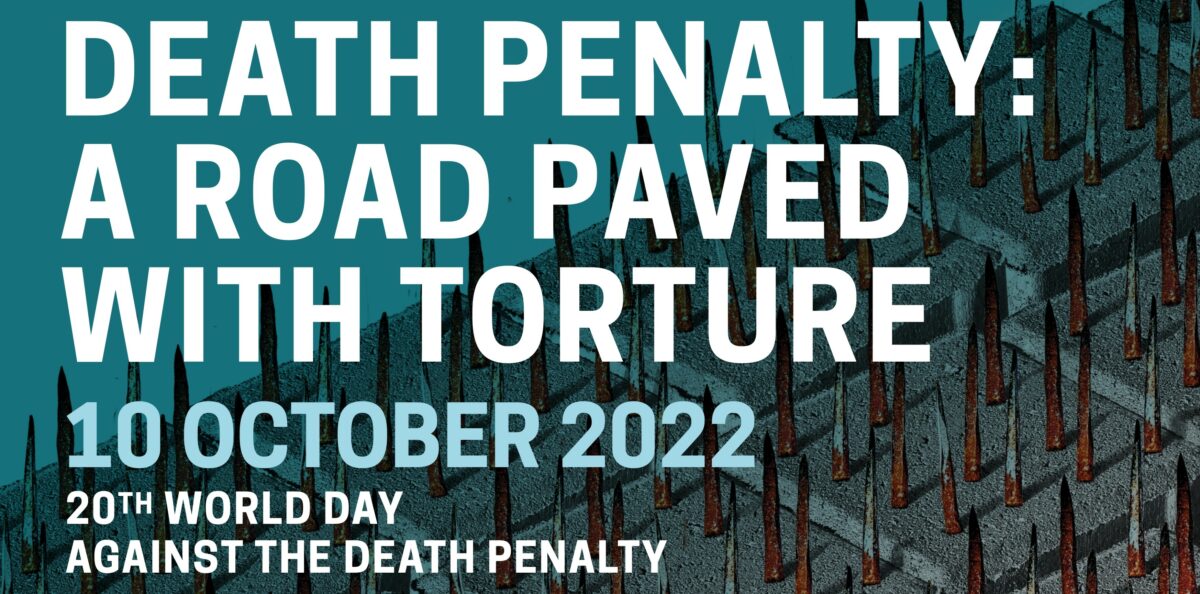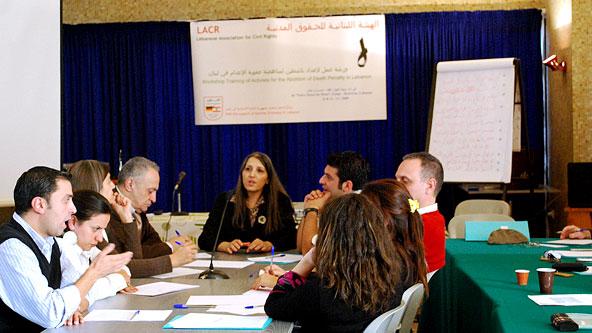
“Catastrophic” conditions on Lebanon’s death row
MENA
There have been no executions in Lebanon since 19 January 2004. Yet the death penalty still exists in Lebanese law and around 60 death row prisoners are awaiting their execution date.
Most of them are jailed in Roumieh central prison. The detention conditions there are “catastrophic”, according to Ogarit Younan, who has been campaigning for human rights and against violence for 30 years.
Ogarit Younan is the founder of the Academic University for Non-violence & Human Rights (AUNOHR).
In 2003, she founded LACR with non-violent thinker Walid Slaybi and lawyer Hani Feghali. The organization has been visiting prisoners regularly and collects annual statistics for Amnesty International on people who are “poor, deprive of any legal aid, and whose human rights are constantly violated”.
Since the launch of the National Campaign for the Abolition of the Death Penalty in 1997, LACR has been pursuing two goals:
– get the Parliament to pass legislation abolishing the death penalty;
– establish a culture of abolition through awareness-raising and education in society. The idea is to influence mentalities and prepare new generations to non-violent alternatives. To achieve this, LACR has developed a pioneering programme in schools, training sessions for activists and innovative educational material including a manual.
“Struggle on the streets”
Ogarit Younan has fond memories of the fervent abolitionist demonstrations that took place in the late 20th century. “That struggle on the street will need to resume at the right moment,” she said, full of hope.
She added that the parliamentary elections scheduled in June do not constitute an opportunity for this. The candidates have been avoiding to mention abolition in their programmes. This is not a priority in a country where the wounds of war are still present. “We will create the right moment after these elections,” she said.
She recalled the positive opinion surveys conducted among MPs in 2001 (74% in favour of abolition) and in 2009 (68%), which prove that steady and incremental work will push Lebanon towards abolition.
International solidarity
According to Ogarit Younan, joining the World Coalition means taking one step further towards abolition. She highlighted the importance of international solidarity: “Sticking together is a global, human and political need,” she said.
As academics and writers, she and Walid Slaybi can share their knowledge of the death penalty: “A world coalition is useful if members decide learn from each other and bring each other something.”
Joining will also help LACR lobby local political and religious leaders to accept the UN resolution on a universal moratorium on executions and, the Parliament to pass legislation.
LACR now needs to conduct larger-scale activites with a wider media coverage to achieve a stronger impact. In early 2013, it began to work with ECPM, another World Coalition member organisation, on a programme to strengthen the National Campaign Against the Death Penalty in Lebanon. The project has received funding from the European Union until mid-2014 and covers four objectives:
– abolitionist education in schools;
– widening and strengthening the national coalition;
– political lobbying;
– publications;
– international participation in the World Coalition and in the 5th World Congress Against the Death Penalty.
Photo: Ogarit Younan leads a workshop on the abolition of the death penalty (source: deathpenaltylebanon.org)




